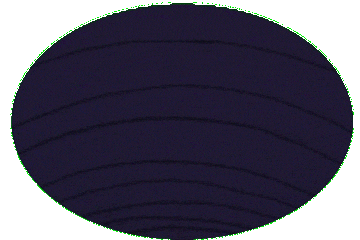Harry Nilsson's "Jump into the Fire" is used to good effect in Martin Scorsese's Goodfellas.
Goodfellas (stylized as GoodFellas) is a 1990 American biographical gangster film directed by Martin Scorsese, written by Nicholas Pileggi and Scorsese, and produced by Irwin Winkler. It is a film adaptation of Pileggi's 1985 nonfiction book Wiseguy. Starring Robert De Niro, Ray Liotta, Joe Pesci, Lorraine Bracco and Paul Sorvino, the film narrates the rise and fall of Mafia associate Henry Hill and his friends and family from 1955 to 1980. Scorsese initially titled the film Wise Guy and postponed making it; he and Pileggi later changed the title to Goodfellas. To prepare for their roles in the film, De Niro, Pesci and Liotta often spoke with Pileggi, who shared research material remaining from writing the book. According to Pesci, improvisation and ad-libbing came from rehearsals wherein Scorsese gave the actors freedom to do whatever they wanted. The director made transcripts of these sessions, took the lines that he liked most and put them into a revised script, from which the cast worked during principal photography. Goodfellas premiered at the 47th Venice International Film Festival on September 9, 1990, where Scorsese was awarded with the Silver Lion award for Best Director, and was released in the United States on September 18 by Warner Bros. Pictures. When released, the film grossed $47 million against a budget of $25 million and received widespread acclaim. The film was nominated for six Academy Awards, including Best Picture and Best Director, with Pesci winning Best Supporting Actor. The film also won five awards from the British Academy of Film and Television Arts, including Best Film and Best Director, and was named the year's best film by various critics' groups. Widely regarded as one of the greatest films ever made, particularly in the gangster genre, the critical consensus on review aggregator Rotten Tomatoes calls it "arguably the high point of Martin Scorsese's career". In 2000, it was deemed "culturally, historically, or aesthetically significant" and selected for preservation in the National Film Registry by the United States Library of Congress. Its content and style have been emulated in numerous other pieces of media.
This article uses material from the Wikipedia article "Goodfellas", which is released under the Creative Commons Attribution-Share-Alike License 3.0.












